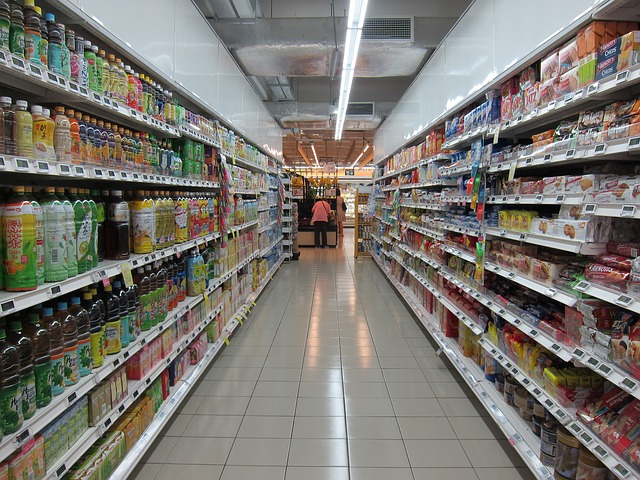October 6, 2017
Personal care product giant Unilever announced it is expanding its presence in the organic food sector with the acquisition of Brazilian organic food company Mãe Terra.
The deal for Mãe Terra marks the eighteenth acquisition for Unilever since 2015 and the latest in a string of deals within the ‘better for you’ food space.
In May of this year, Unilever announced it had agreed to acquire Sir Kensington’s, a New York-based, mission driven, maker of non-GMO, natural and sustainable condiments for a reported $140 million. Founded in 2010, Sir Kensington’s makes a line of mustard, ketchup, and a vegan mayonnaise called Fabanaise, which is made from aquafaba – the viscous liquid in which legumes such as chickpeas have been cooked.
Within days, this deal was quickly followed by the announcement that Unilever’s venture capital arm, Unilever Ventures, along with partners Baseline Ventures and Founders Circle Capital, invested a combined $9.2 million through a Series C for Sun Basket Inc. – a food delivery service that specializes in gluten-free, paleo, and vegetarian meals.
Then in July of this year, Unilever announced its acquisition of Pukka Herbs Ltd – the fastest growing tea company in the world, and producer certified organic herbal, fruit, and green teas that professes its business philosophy to center upon “benefiting people, plants, and planet.”
The addition of MãeTerra gives Unilever control of a fast-growing and very popular brand on the Brazilian market that is currently the fifth largest market in the world for health foods and beverages, according to the Unilever.
Established in 1979, Mãe Terra has a portfolio of more than 120 health conscious products that includes organic cereals, cookies, snacks, and culinary items – representing segments of the Brazilian market worth a combined 8 billion euro (US$9.36 billion), according to Euromonitor.
“We are excited about this acquisition. Mãe Terra has a great following in Brazil and strengthens our food portfolio, allowing us to accelerate our expansion in the high-growth naturals and organic segment,” said Fernando Fernandez, president of Unilever Brazil.
“With Unilever’s expertise and distribution channels, we can both grow and scale Mãe Terra, helping to realize its mission of bringing healthy and nutritious food to even more people. This is perfectly aligned to Unilever’s commitment to sustainable nutrition and to provide consumers with food that tastes good, does good and doesn’t cost the Earth.”
Organic Matter
Shifting consumer demands and intensifying competition from agile startups have large established consumer groups such as Unilever at a disadvantage. Taken together with Unilever’s announcement earlier this year of its intention to divest its spreads business and restructure two key divisions, had many suspecting that Unilever may exit the food space entirely.
However, the group appears to be streamlining its investments in the food sector to focus on tea, ice cream, and condiments, while also structuring its portfolio to reflect consumer tastes and the company’s goals of sustainability and environmental stewardship.
Organic sales on the U.S. market reached $47 billion last year, according to the 2017 Organic Industry Survey conducted by the Organic Trade Association. Of all organic categories, organic food sales saw the greatest increase – jumping by $3.3 billion or 8.4 percent over the previous year.
Moreover, Food Dive reports that TechSci Research expects the global organic food market to see a compounded annual growth rate (CAGR) of 14 percent between now and 2021. And within this growth, investors cannot overlook Brazil – one of the most rapidly growing emerging economies in the world, and the largest in South America. If anything, the challenge facing organic food producers in the country is being able to meet growing demand from Brazilian consumers for organic foods – a segment which organic-market.info expected to see growth of between 30 and 35 percent last year.
“Unilever understands how preserving our purpose-driven culture is critical to the growth of our business and the popularity of our foods,” said Alexandre Borges, CEO of Mãe Terra. “It is uniquely placed to help us accelerate our mission to bring natural and organic food to more people in Brazil.”
-Lynda Kiernan

Let GAI News inform your engagement in the agriculture sector.
GAI News provides crucial and timely news and insight to help you stay ahead of critical agricultural trends through free delivery of two weekly newsletters, Ag Investing Weekly and AgTech Intel.




